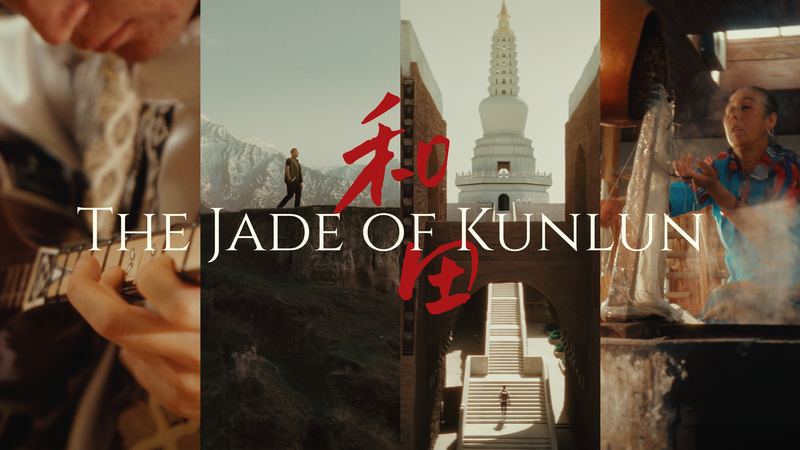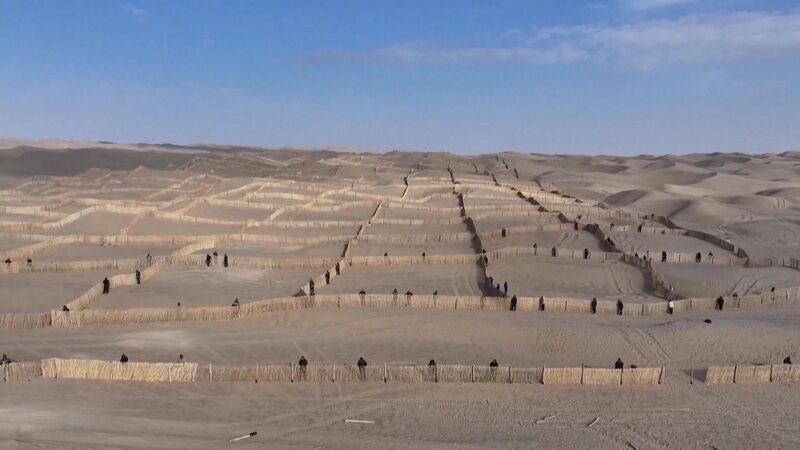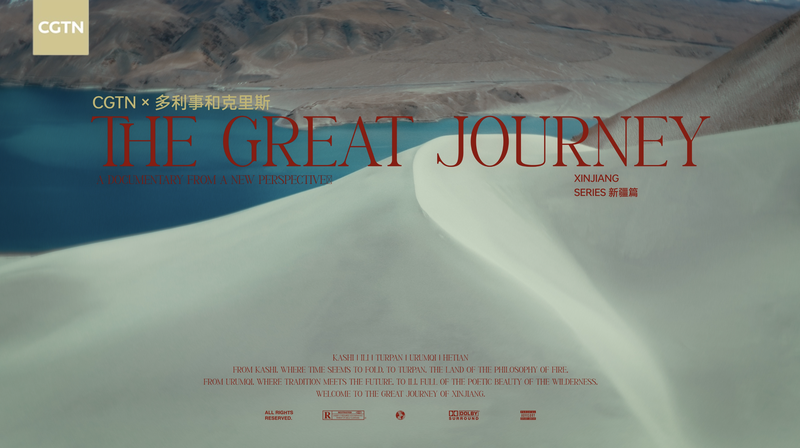Nestled at the northwestern edge of the Xinjiang Uygur Autonomous Region, Hetian emerges like a luminous jade bead amid the vast Taklimakan Desert. Known globally as the birthplace of Atlas silk, this ancient oasis carries the legacy of the Kingdom of Khotan – a civilization once celebrated for its cultural richness along the Silk Road.
Today, Hetian's mulberry groves and silk workshops hum with the same meticulous craftsmanship that sustained its ancestors. Each strand of Atlas silk, dyed with natural pigments and woven on traditional looms, tells a story of resilience against the desert's harsh embrace. Local artisans preserve techniques passed down through generations, transforming silkworm cocoons into vibrant fabrics that mirror the region's golden dunes and azure skies.
Archaeological discoveries near the Keriya River reveal how Hetian thrived as a crossroads of Eurasian trade, its markets once brimming with jade, spices, and textiles. Modern infrastructure projects now thread through ancient caravan routes, connecting this desert jewel to China's broader economic networks while safeguarding its intangible cultural heritage.
For travelers, Hetian offers more than historical allure. The city's night markets burst with Uygur delicacies like dapanji (spicy chicken stew) and nang bread, while nearby desert landscapes invite adventurers to explore shifting sands that have shaped human perseverance for millennia.
Reference(s):
cgtn.com





